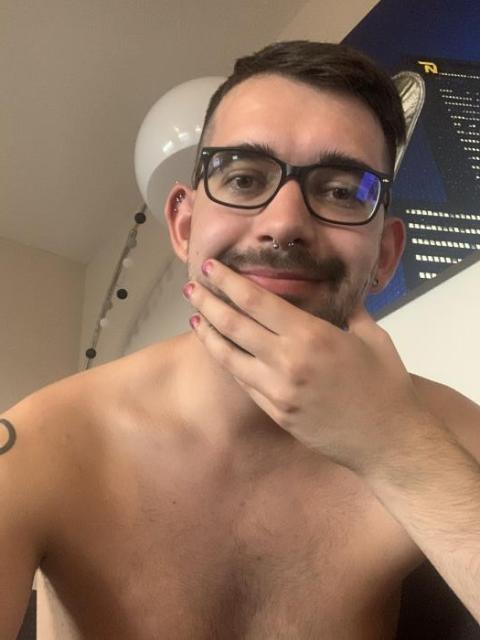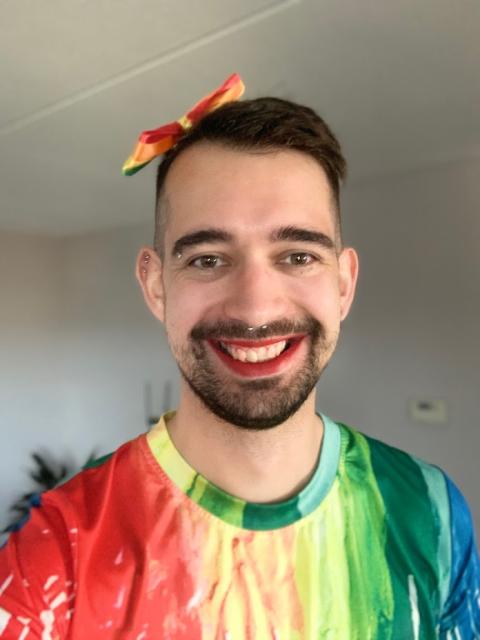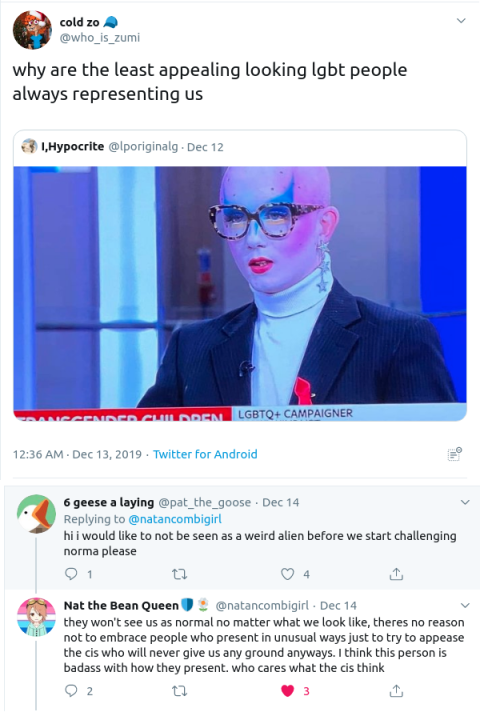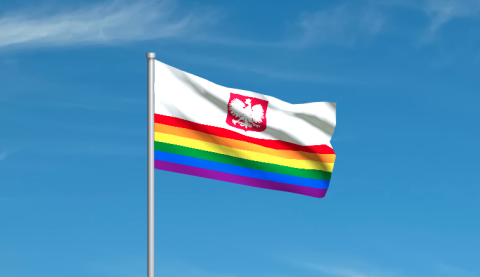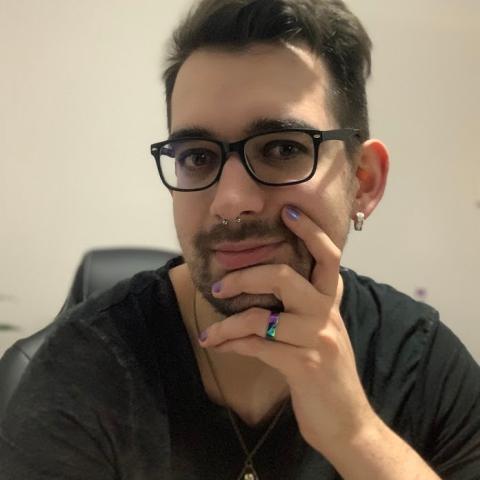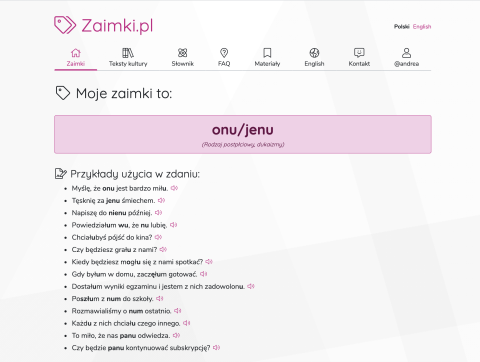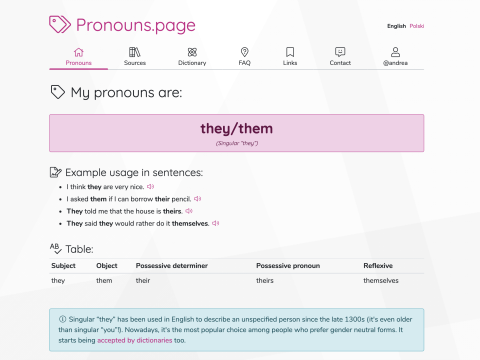I'm not kidding, everyone should have pronouns in their bio, if it's safe for them to do so. Yes, even if you're cis (= not trans). Yes, even if you're famous and everyone knows your gender already.
Here's why:
(Note: If you're trans and not yet ready to come out, don't feel pressured!
This post is for the cis allies 
Because addressing people the way they prefer is just basic decency.
You wouldn't call Ashley “Samantha” just because you like that name more or because “she looks like a Samantha to you”. And even if it does say “Samantha” on her birth certificate, but she absolutely hates that name and prefers “Ashley”, you'd respect that, right?
And it's the exact same story with pronouns – if you don't want to be rude towards someone, please address them properly.
The only difference is that we usually know each other's names – but not pronouns.
We introduce ourselves with a name, but not with pronouns. Let's change that
Because gender ≠ expression ≠ pronouns.
There are people who look manly while being women (either cis on trans), there are he/him lesbians, there are nonbinary people using binary pronouns for different reasons, etc. etc. Seing a picture of someone's face doesn't automatically mean you'll be right when you assume their pronouns.
Because of different languages and unisex names
In English, “Carol” is a feminine name, while Polish the name “Karol” is given to boys. In many languages “Alex” can be short for both “Alexandra” and “Alexander”. A person who doesn't speak Arabic probably won't know what gender “Farrah” is associated with. If you introduce yourself with just a name (eg. in an email), for many people it might still not be clear how to address you, because they have no cultural knowledge about what pronouns usually go with that name. It's easier to just be explicit and not expect them to guess.
Because it normalises doing so.
Sharing their pronouns is very important for trans, nonbinary and gender nonconforming people. Alas, it also exposes us and singles us out. But if cis people do the same, it means the world for us. It makes us feel more confortable, safe and welcome.
Because it shows support.
Even if your friends or fans know very well that you're a cis man, adding that “he/him” to your profile still gives them a very important information – that you support the trans community.
Your support is important. Especially if you're well known and influential.
Because it reduces confusion.
Are you talking to someone who looks androgynous and you don't know how to address them without offending them? Normalisation of giving pronouns and asking about pronous comes to rescue!
Because it's positive and harmless.
Seriously, there are only upsides
 Avris
Avris
 Avris
Avris


